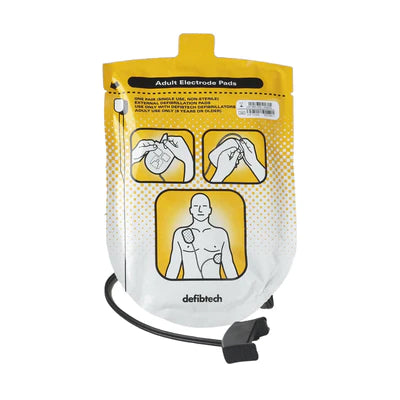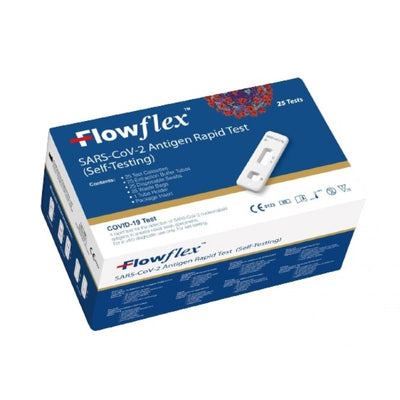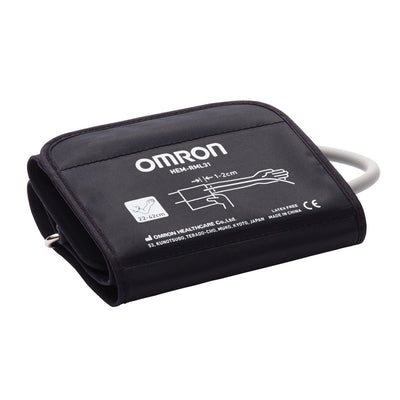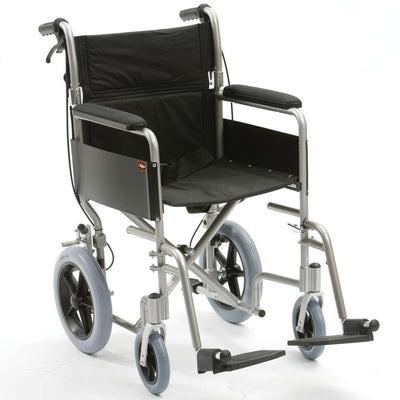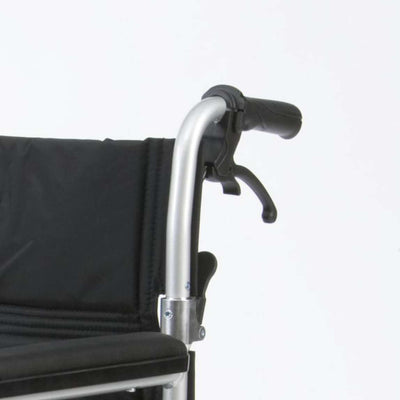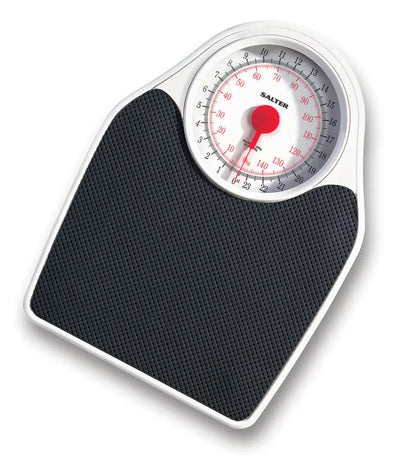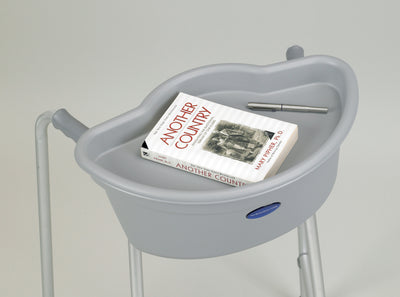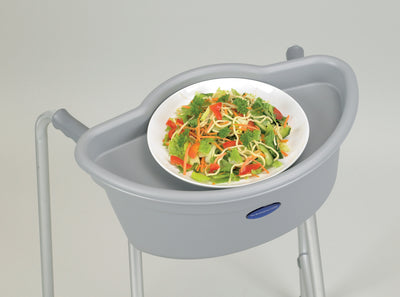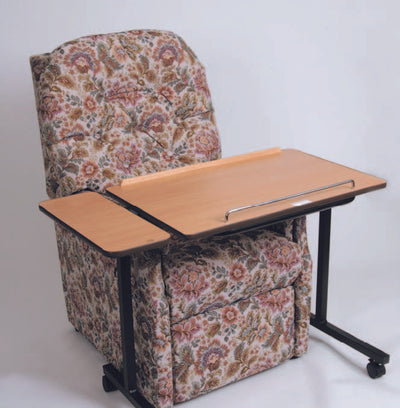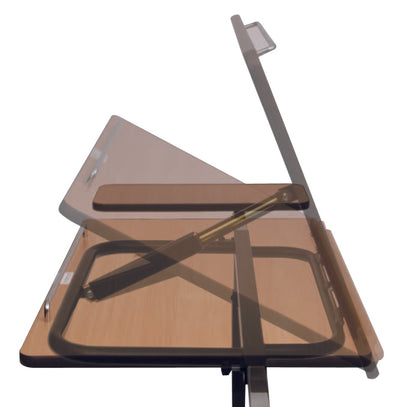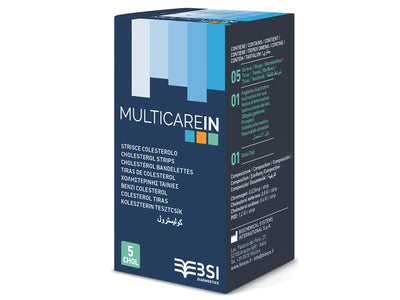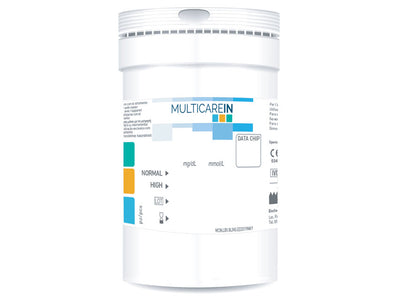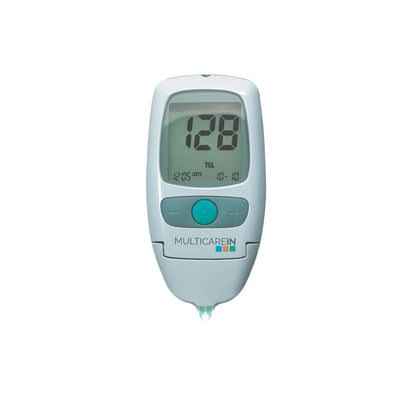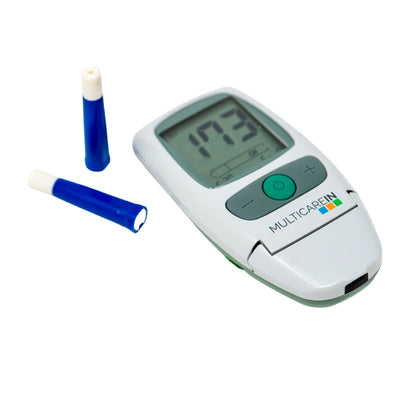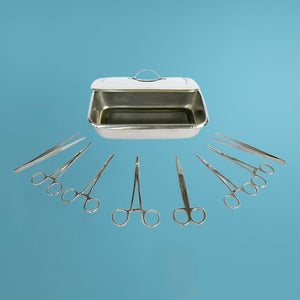To effectively support elderly home care needs, it's essential to assess and address their physical, emotional, and medical requirements. Tailoring care plans, ensuring safety, and promoting independence are key for enhancing their quality of life and dignity in their own homes.

Home Care for the Elderly Hub
Home care for the elderly involves providing personalized support and assistance to seniors within the comfort of their own homes. This encompasses a range of services, including help with daily activities, medication management, and companionship. Caregivers ensure a safe and nurturing environment, promoting independence while addressing specific health and mobility needs. This approach allows seniors to age in place, maintaining a sense of familiarity and emotional well-being. Home care aims to enhance the quality of life for elderly individuals by offering tailored, compassionate care in the familiar surroundings of their own homes.

1. Understanding Home Care Needs for the Elderly
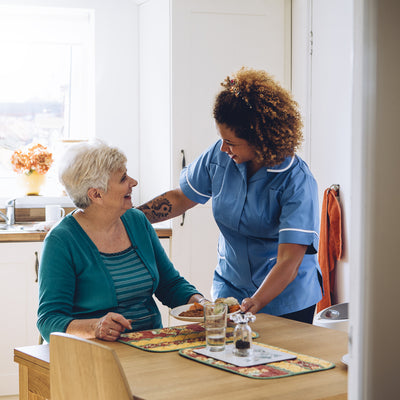
2. Safety in the Kitchen
Kitchen safety involves preventing accidents by handling utensils, hot surfaces, and boiling water carefully. It's crucial for all, especially the elderly and those with mobility or cognitive issues, to adapt kitchens for safe use, including reorganization and using age-friendly tools.

3. Furniture for Elderly Care
This specialized furniture aims to enhance comfort, safety, and accessibility for seniors, considering factors such as mobility, stability, and ease of use. The focus is on promoting independence, improving quality of life, and ensuring a secure and supportive environment for elderly individuals in various care settings.
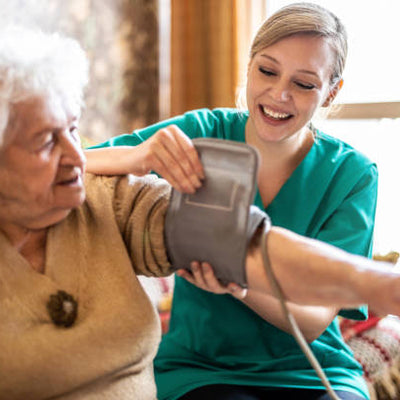
4. Healthcare Equipment for Home Care
These tools aim to enhance the well-being and independence of individuals receiving healthcare at home. The goal is to enable patients to receive necessary care in the comfort of their homes, promoting a sense of autonomy and improving quality of life for those managing health conditions outside of traditional healthcare facilities.

